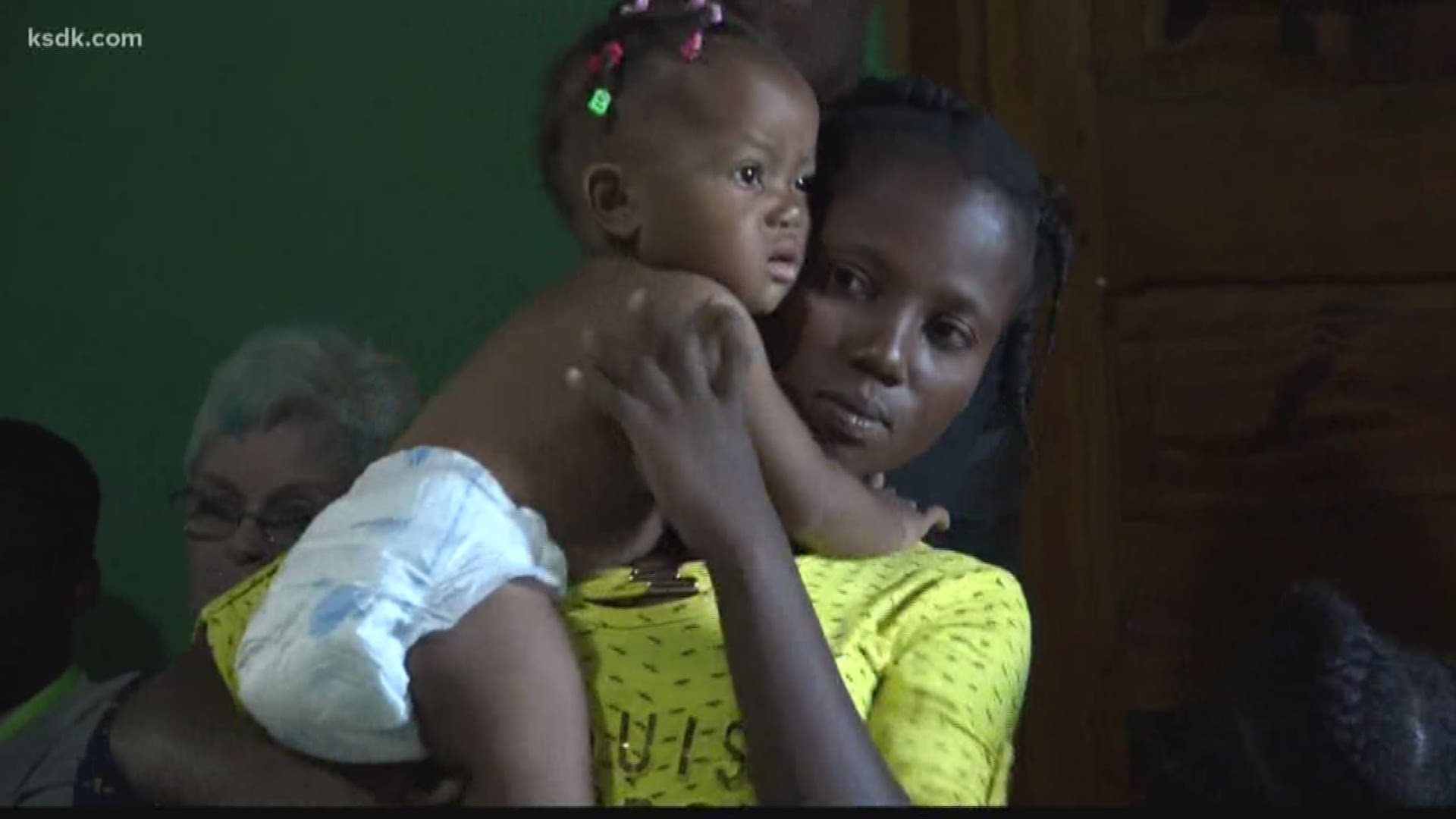As she downshifts her beat-up SUV to turn onto the road that leads to her office, Dr. Patricia Wolff knows if she wanted it, she could have an easier commute.
It's not what's on this road in northern Haiti that makes her travels challenging, but the path she's chosen since leaving her practice in St. Louis.
"You know, when I was 12, I decided to be a missionary doctor," Wolff said.
Instead, she built a successful career as a Washington University pediatrician and had a family. But when her kids reached about the same age as she was when she first dreamed of mission work, a conversation with them reminded her of her calling.
"They came home and they said, 'How come we don't have this? How come we don't have that? So-and-so's got this, got that," she recalled. "I go, 'No, no, no, you've got it all wrong. You know, you have more than 99.9% of the people in the world.' And they didn't believe it," Wolff remembered. "I go, 'We're going to Haiti.'"
That first trip was 1988, and, it turns out, it wasn't just for her kids.
"We were all changed forever," Dr. Wolff remembered. "I mean, it's hard to talk about."
On her first trip as a medical missionary, Dr. Wolff realized her medicine wasn't much good if the kids she was treating had nothing to eat.
In the years that followed she started the non-profit Meds and Food for Kids, built a factory in a converted home in Haiti and shifted her focus to making a highly nutritious peanut butter-based supplement for starving children.
Not long after the 2010 earthquake in Haiti, Dr. Wolff gave up her practice in St. Louis to focus on a brand new, much larger factory in Haiti.
Today, MFK can make 300 times more "medical peanut butter" in one month than it used to produce in an entire year.
The process for MFK doesn't begin in the factory. Instead, it begins on local peanut farms once thought incapable of producing high-quality crops.
READ ALSO: 'St. Louisans who started the dream' | Helping in Haiti 10 years after devastating earthquake
MFK not only employs Haitians but teaches local farmers how to grow better peanuts so they can use local ingredients.
"Look how many people are working in the factory, farmers we're able to source peanuts from," said James Blanc, who grew up in Haiti, studied agriculture in the U.S. and returned to work for MFK, teaching peanut farmers better farming techniques.
"We Haitians consider MFK as a very good thing, one of the best things that happened in the last decades," said Blanc from the testing field outside the MFK facility.
And in a country where tens of thousands of children are malnourished, today MFK estimates its "medika mamba," as the locals call it, has helped nearly 250,000 Haitian children in a country where so many promises to help haven't come through.
"Why is it that all these people came here after the earthquake and nothing has happened and they've all gone home?" Dr. Wolff asks. "I think the answer is it was too hard.... You have to be too persistent and you have to stay too long," she said.
As for the legacy of all she has built since that first trip to Haiti with her family more than three decades ago? Wolff will concede she's proud but insists the credit is not hers alone.
"I'm just the, you know, the Maestro of a new orchestra, you know. It's all those, all those players that were important for making the song."
More local stories:

